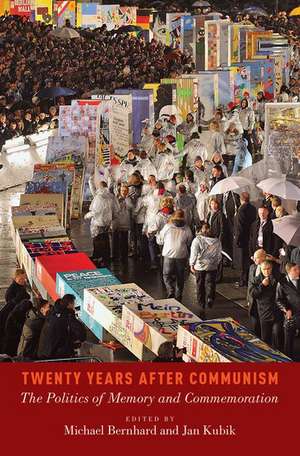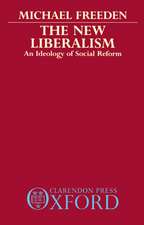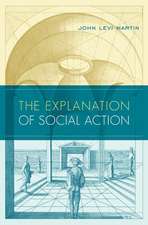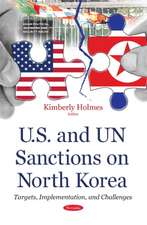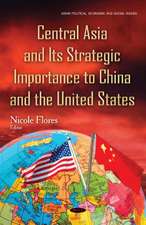Twenty Years After Communism
Editat de Michael Bernhard, Jan Kubiken Limba Engleză Paperback – 21 aug 2014
Preț: 359.19 lei
Preț vechi: 468.58 lei
-23% Nou
Puncte Express: 539
Preț estimativ în valută:
68.73€ • 71.76$ • 56.88£
68.73€ • 71.76$ • 56.88£
Carte tipărită la comandă
Livrare economică 24-31 martie
Preluare comenzi: 021 569.72.76
Specificații
ISBN-13: 9780199375141
ISBN-10: 0199375143
Pagini: 384
Dimensiuni: 249 x 155 x 25 mm
Greutate: 0.52 kg
Editura: Oxford University Press
Colecția OUP USA
Locul publicării:New York, United States
ISBN-10: 0199375143
Pagini: 384
Dimensiuni: 249 x 155 x 25 mm
Greutate: 0.52 kg
Editura: Oxford University Press
Colecția OUP USA
Locul publicării:New York, United States
Recenzii
Remembering a nation's past shapes its future. We should know this in our bones, but thanks to Bernhard, Kubik, and their contributors, we have both theory and method to approach it analytically across the world, and inspired empirical studies of the post-communist world. One of the best volumes I have read in years. It is required reading for those who want to understand how cultural politics matter.
In contrast to most studies of collective memory, which usually focus on one or a small handful of cases, Twenty Years After Communism systematically compares 17 cases of Eastern European memory of 1989. In order to do so, it develops a rigorous theoretical framework for studying 'official memory' in postcommunist countries. Both its conceptual introduction and the individual chapters mark a significant advance in social scientific memory studies and in understanding of this crucial region. It is sure to be a landmark volume.
Memory studies' has become a crowded area of scholarship, with much rather sentimental work and too many books mechanically reproducing existing approaches. This volume is different: it offers an original theory of 'memory regimes' and uses it to compare the commemorations of 1989 across Central and Eastern Europe. The resulting chapters are a treasure trove of insights into the political cultures of post-communist countries.
provides in-depth expertise on the politics of memory and commemoration in 17 countries
In contrast to most studies of collective memory, which usually focus on one or a small handful of cases, Twenty Years After Communism systematically compares 17 cases of Eastern European memory of 1989. In order to do so, it develops a rigorous theoretical framework for studying 'official memory' in postcommunist countries. Both its conceptual introduction and the individual chapters mark a significant advance in social scientific memory studies and in understanding of this crucial region. It is sure to be a landmark volume.
Memory studies' has become a crowded area of scholarship, with much rather sentimental work and too many books mechanically reproducing existing approaches. This volume is different: it offers an original theory of 'memory regimes' and uses it to compare the commemorations of 1989 across Central and Eastern Europe. The resulting chapters are a treasure trove of insights into the political cultures of post-communist countries.
provides in-depth expertise on the politics of memory and commemoration in 17 countries
Notă biografică
Michael Bernhard is Raymond and Miriam Ehrlich Chair of Political Science at the University of Florida. Jan Kubik is Professor and Chair of Political Science at Rutgers University.
